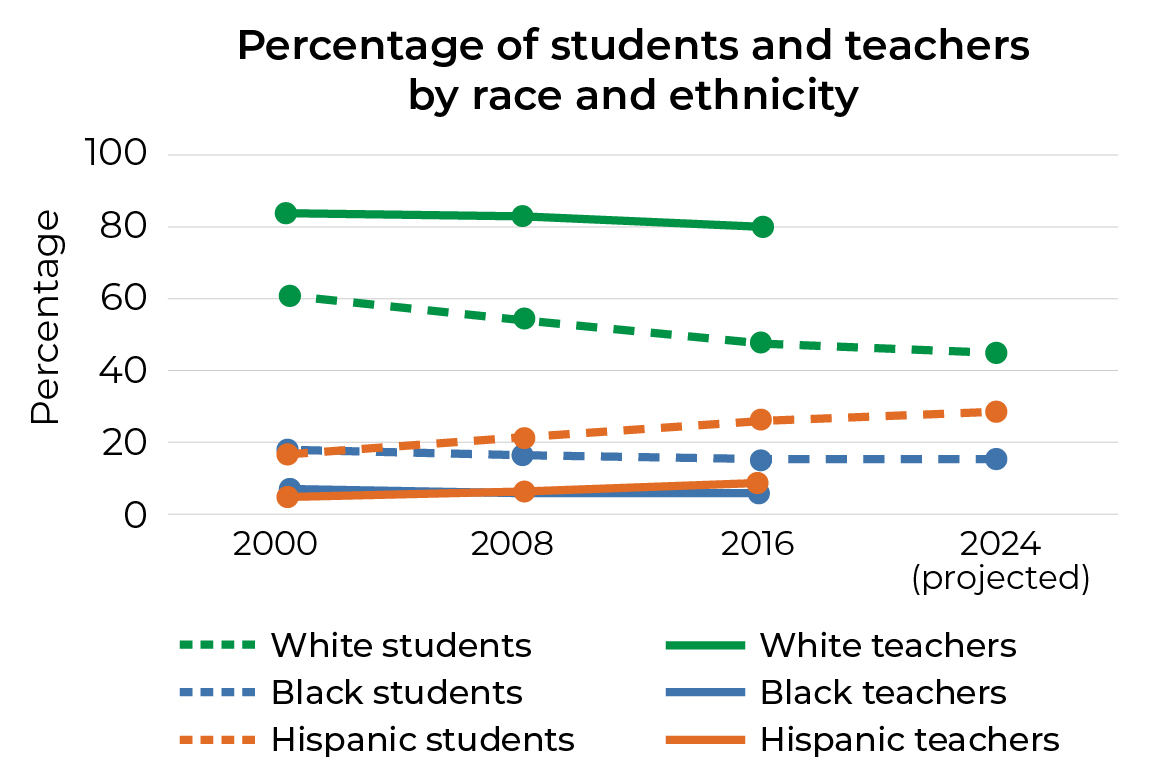Delpit is arguing against the bias that is denied for what is needed in order to teach students with varying racial backgrounds. Through her various stories, Delpit voices that students who don't fit into what is the culture capital, is at a disadvantage in the classroom. Many teachers, students, and families have argued against the 'ideal' methods being taught in schools only to have their concerns be shut down. The stuggle spreads through the denial from specifically white teachers who excuse students lack of understanding as only being their experience. A published article released by Delpit consisted of 2 opposing responses. Most of the white peoples responses was questioning and/or arguing against her argument and brushing it off as their ideals. Non-white responses were the opposite, strongly supporting her article and seeming very passionate on the topic. Her purpose of this article is to hopefully help people understand how skill oversees process is alienated and miscommon and how those in power make it so they always stay in power. She argues that the denial and bias of teachers in the dominant/ideal position continue to leave diverse students at a disadvantage when learning.
Schools are using methods in the classroom that claim to have been 'proven' to be understood by any student, even those who are culturally deprived. While students still struggle to understand material, parents who don't fit into the cultural capital wants schools to provide students with more that will ultimately help students to be successful in the larger society. Those who have fought for a more diverse education plan see it as a way for diverse students to gain access to the American job pool, rather than a way for them to be successful and thrive for higher positions.
The education system in most schools don't recognize the parental neglect that students face when they need help with their education. Many parents brush education off as being the school job, not willing to understand that they are some students only source of learning.
This is a ted talk by Rodney Robinson that I feel was very effective in explaining his standpoint as an educator, that schools need better provide its students with equity and have a better understanding that all students are different. Connecting to one of Delpits points, he explains how the need for teachers of color is another main factor to failing school systems. Robinson goes on to explain that culturally diverse students aren't given the opportunity to connect with their teachers as well as families not feeling as compelled to be involved with their Childs education.

Additionally, here is a chart that gives a general idea of the gap in not only student diversity, but also the lack of diversity among teachers.
Comments
Post a Comment